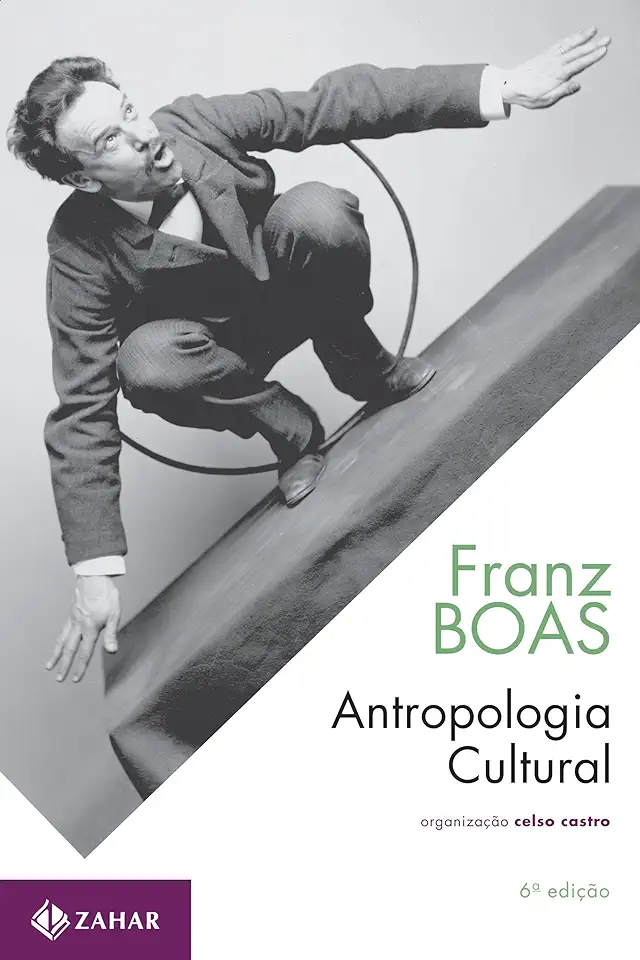
Cultural Anthropology - Franz Boas
Cultural Anthropology: Franz Boas
Franz Boas' seminal work, Cultural Anthropology, is a comprehensive and groundbreaking exploration of the field of cultural anthropology. First published in 1938, this book has stood the test of time and remains a foundational text for anthropologists and scholars alike. Boas' insights into the nature of culture, the diversity of human societies, and the importance of cultural relativism have profoundly shaped the discipline of anthropology and continue to influence contemporary anthropological thought.
A Pioneering Vision of Cultural Anthropology
Franz Boas is widely regarded as the father of American anthropology. His pioneering work in the late 19th and early 20th centuries revolutionized the field by challenging prevailing notions of cultural evolution and racial hierarchy. Boas argued that cultures are not static entities but rather dynamic systems that are constantly evolving and adapting. He emphasized the importance of understanding cultures on their own terms, without imposing external values or assumptions.
Cultural Relativism and the Diversity of Human Societies
One of Boas' most significant contributions to anthropology is his concept of cultural relativism. Cultural relativism holds that cultures should be understood and evaluated within their own contexts, rather than being judged against external standards. Boas argued that each culture has its own unique values, beliefs, and practices that make sense within its own social and environmental context. This perspective challenged the prevailing ethnocentrism of the time and laid the foundation for a more inclusive and respectful approach to studying human societies.
The Importance of Fieldwork and Participant Observation
Boas also emphasized the importance of fieldwork and participant observation as essential methods for understanding cultures. He argued that anthropologists must immerse themselves in the communities they study, learning the local language, participating in daily life, and building relationships with community members. This approach allows anthropologists to gain a deep understanding of the cultural context and to see the world from the perspective of the people they are studying.
The Legacy of Franz Boas
Franz Boas' work has had a profound impact on the field of anthropology and beyond. His insistence on cultural relativism, his emphasis on fieldwork and participant observation, and his holistic approach to understanding cultures have shaped the way anthropologists conduct research and interpret cultural phenomena. Boas' legacy continues to inspire anthropologists and scholars to explore the diversity of human cultures with respect, understanding, and appreciation.
Why You Should Read Cultural Anthropology
Cultural Anthropology is a must-read for anyone interested in understanding human societies and the diversity of cultural expressions. Franz Boas' insights into culture, cultural relativism, and the importance of fieldwork provide a solid foundation for understanding the complexities of human behavior and social organization. This book is essential reading for anthropologists, sociologists, historians, and anyone else interested in gaining a deeper understanding of the human condition.
Conclusion
Cultural Anthropology by Franz Boas is a seminal work that has profoundly shaped the field of anthropology and continues to influence contemporary anthropological thought. Its insights into the nature of culture, the diversity of human societies, and the importance of cultural relativism are essential for understanding the complexities of human behavior and social organization. If you are interested in gaining a deeper understanding of the human condition, I highly recommend reading this book.